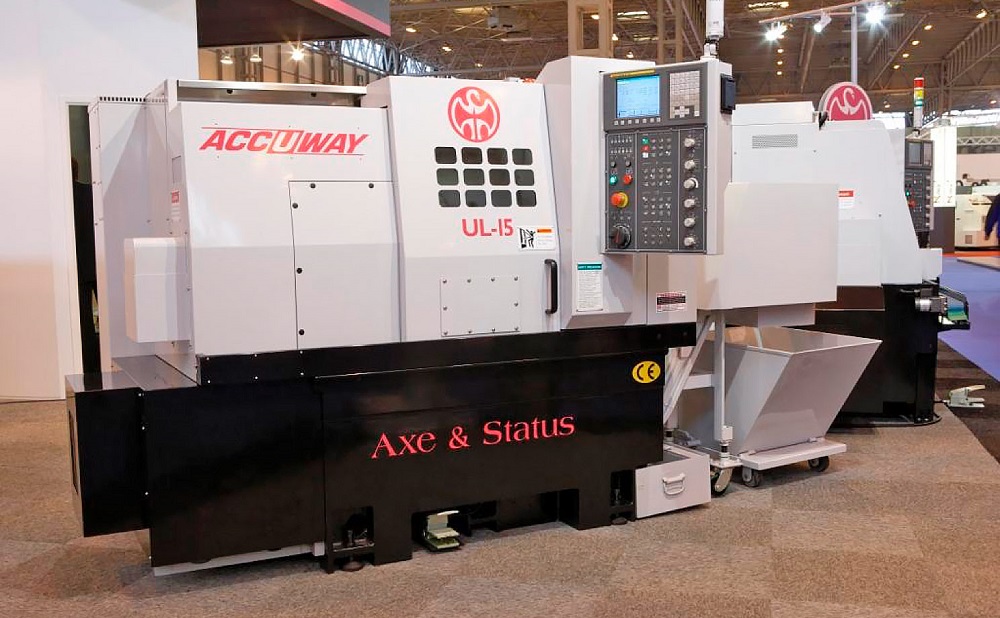According to machine tool supplier Axe & Status, flat-bed lathes have emerged as indispensable tools that cater to a wide range of industrial applications. These machines, known for their versatility, play a crucial role in shaping raw materials into intricate components that drive industries forward. Axe & Status, which offers a comprehensive range of flat-bed lathes, dives into the multi-faceted applications of these machine tools to show why they are a cornerstone of modern manufacturing processes.
Flat-bed lathes, also referred to as engine lathes, feature a horizontal bed that ensures stability and accuracy during machining. The true essence of flatbed lathes lies in their versatility. From small-scale workshops to large-scale industrial facilities, these machines are suitable for a broad spread of applications. As well as production volumes, these machines enable the rapid turning of prototypes, playing a pivotal role in iterative design processes and allowing engineers to test and refine their ideas before full-scale production.
Tool and die makers also rely heavily on flat-bed lathes to produce moulds, dies and special tools, while repair and maintenance tasks are another application to benefit, facilitating the refurbishment of worn-out components. In educational settings, flat-bed lathes serve as fundamental tools for teaching machining principles.
Flat-bed lathes offer exceptional precision, making them suitable for projects that demand high levels of accuracy across production runs. Furthermore, these machines can execute multiple machining processes in a single set-up, reducing production time and enhancing overall productivity.
Axe & Status offers an array of options that extend from manual lathes, which allow for hands-on precision and control, through to advanced CNC flat-bed lathes that bring automation and high-level accuracy to machining processes.
For further information www.axestatus.com














